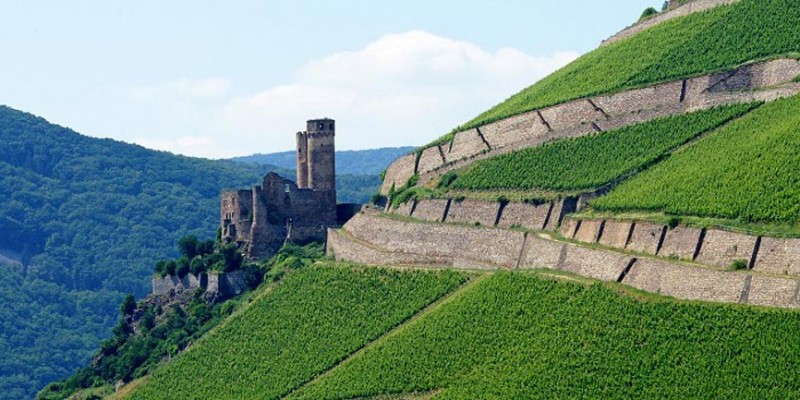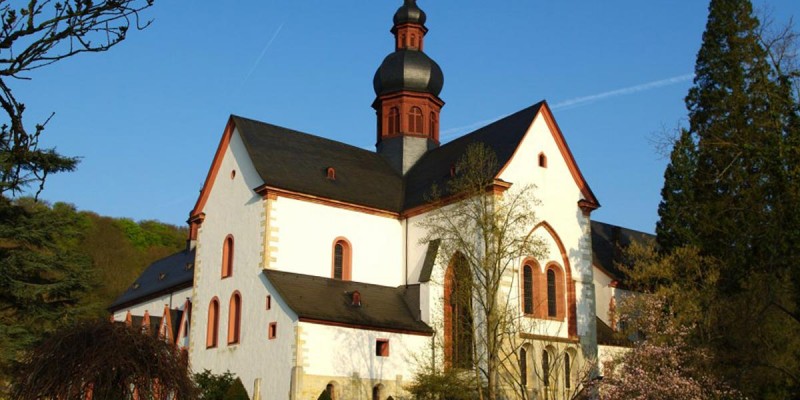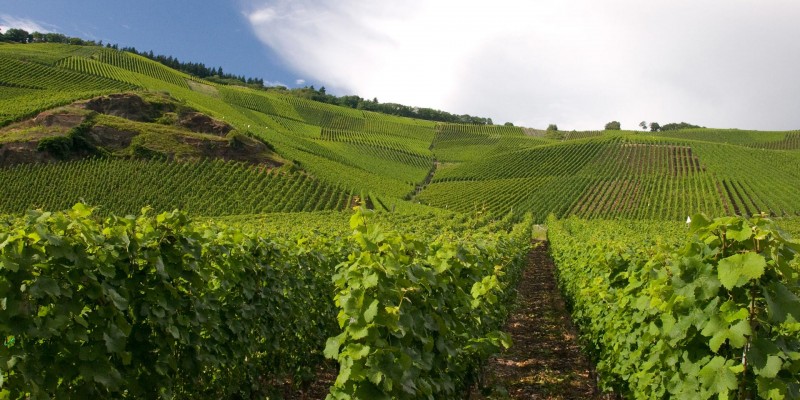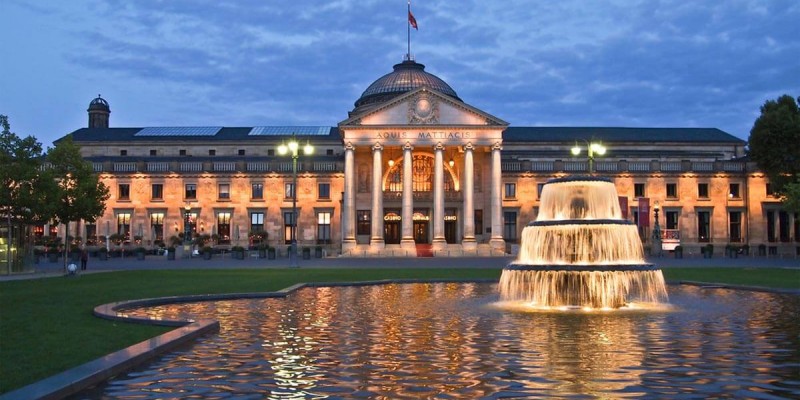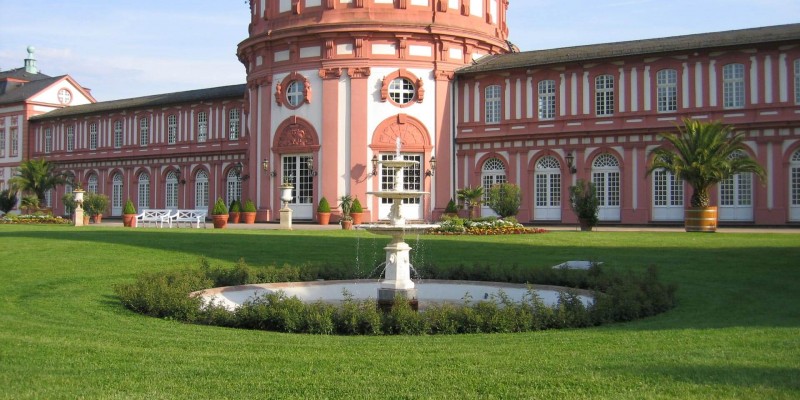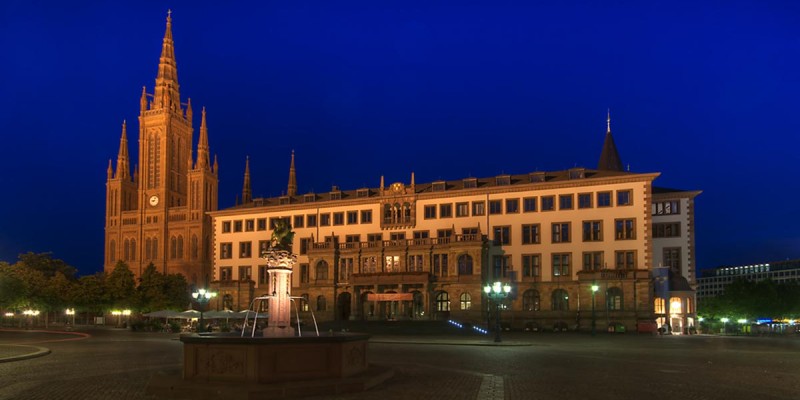When to visit Frankfurt
The city of Frankfurt, in the heart of Germany, has a temperate-oceanic climate and is the warmest of Germany’s metropolises, with an average temperature of 10,1 degrees. The winters are moderatly cold with average temperatures of 1.6 degrees, while the summer months are pleasantly warm with average temperatures around 20,0 degrees.
Culture
The history of Frankfurt dates back to the Roman Empire, when it was a Roman settlement, probably in the first century.
Today it is assumed that one of the boroughs has been a Roman civitas capital. Frankfurt is also a centre for commerce, culture, education, tourism and web traffic and features impressive architectural highlights. Messe Frankfurt is one of the world’s largest trade fairs at 578,000 square metres and ten exhibition halls. Major trade fairs include the Frankfurt Motor Show (IAA) and the Frankfurt Book Fair, both being the largest of its kind in the world. Frankfurt is also home to many cultural and educational institutions including the Johann Wolfgang Goethe University and Frankfurt University of Applied Sciences, many museums and two major botanical gardens, the Palmengarten, which is Germany’s largest, and the Botanical Garden of the Goethe University.
Visa Requirements for Germany
Residents of the countries listed below won’t need a tourist visa:
Albania, Andorra, Antigua & Barbuda, Argentina, Austria, Australia, Bahamas, Barbados, Belgium, Bosnia & Herzegovina, Brazil, Brunei Darussalam, Bulgaria, Canada, Chile, Costa Rica, Croatia, Cyprus, Czech Republic, Denmark, El Salvador, Estonia, Finland, France, Greece, Guatemala, Honduras, Hungary, Iceland, Ireland, Israel, Italy, Japan, Korea (Republic of Korea, South Korea), Latvia, Liechtenstein, Lithuania, Luxembourg, Macao, Macedonia, Malaysia, Malta, Mauritius, Mexico, Moldova, Monaco, Montenegro, Netherlands, New Zealand, Nicaragua, Norway, Panama, Paraguay, Poland, Portugal, Romania, Saint Kitts and Nevis, San Marino, Serbia, Seychelles, Singapore, Slovak Republic, Slovenia, Spain, Sweden, Switzerland, Taiwan, United Kingdom of Great Britain and Northern Ireland, United States of America, Uruguay, Vatican City, Venezuela.
Please note that the visa requirements can change without prior notice.
DMC Frankfurt can arrange tourist visas for you.
Currency
As Germany is part of the European Union, the currency of Germany is the Euro. All mayor credit and debit cards are widely accepted.
1 € is equal to ≈ 0,8 £ and ≈ 1,29 $
Time
German Time is +1 hour UTC ( +2 hours during daylight saving time).
Languages
German is the official language, but English is widely spoken and understood.
